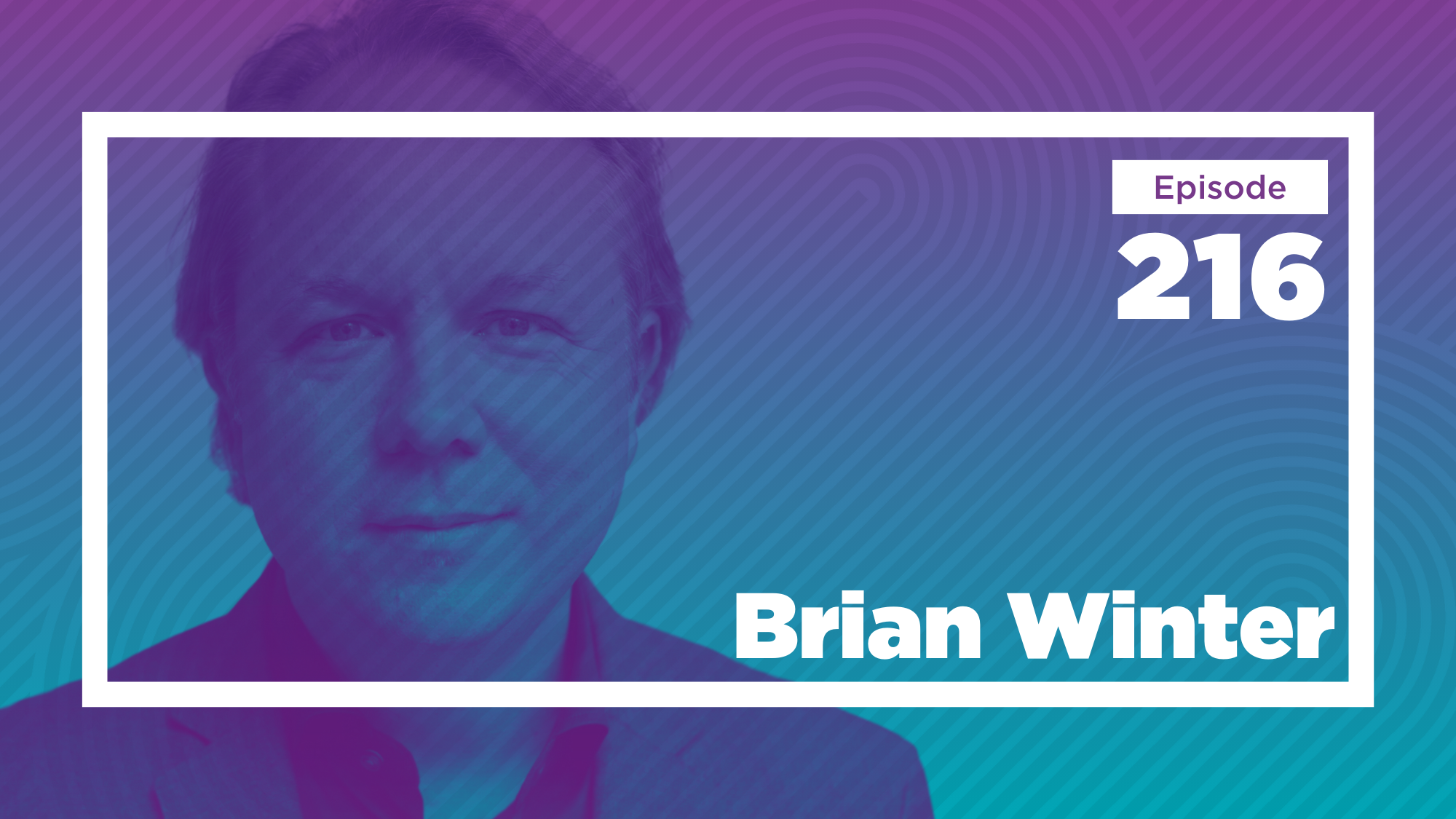Podcast recommendation: Kyla Scanlon on Ezra Klein
Ezra has been on a tear lately. Highly recommend this great conversation about attention in the digital age. Gets surprisingly deep about what it means to pay attention to something.
Ezra has been on a tear lately. Highly recommend this great conversation about attention in the digital age. Gets surprisingly deep about what it means to pay attention to something.
Highly recommend listening to this episode where Dwarkesh talks with Sholto Douglas and Trenton Bricken from Anthropic about how Claude 4 thinks, RL scaling, and the future of AI agents.
YouTube link if you prefer video.
I’m a huge fan of Leon Neyfakh and Prologue Projects, whose shows are always worth listening to. Their latest, an Audible Original that requires an Audible subscription, is a fascinating dive into the history of e-cigarettes and vaping. As usual, the show is very well-researched and includes excellent contemporary news clips. Neyfakh brings a surprisingly personal angle to the show, which concludes with a call to his mother. Highly recommended.

This feels like a classic CWT: covering a wide range of topics, from food to politics to travel and literature.

I don’t usually listen to Lenny but I found this interview super-insightful. Jeff is a very strong advocate for talking to customers, something I really missed after selling Chartable. He offers some super-actionable tactics for running a product team that are hard-won from building Stripe Atlas, for example:

IBM’s contributions to the history of computing are currently underrated, probably because their recent performance has been so bad. But this fascinating book covers so much that’s worth understanding and celebrating.
First, Thomas Watson Sr.’s mastery of the tabulating market of the early 20th century, including the acquisition of the tech for Hollerith mechanical punch card tabulating machines, which were in use through the mid-20th century. (Side note: The authors make a very detailed case for why, contrary to some popular rumor, IBM machines were not used by the Nazis to run concentration camps.)
Second, the book paints a sympathetic portrait of Watson Sr.’s children, Thomas Watson Jr. and Dick Watson—excellent in its details. One of the authors is a grandchild of Watson Jr., which probably helped with access.
Watson Jr. eventually took over the company and was responsible for major advancements in computing, including:
The move from electromechanical punch-card machines to fully electronic computers in the 1940s
Major focus on design, including a partnership with Charles and Ray Eames, and impressive 1960s industrial design inspired by companies like Olivetti:
Building many architecturally significant company offices, including this Saarinen in Westchester County, NY:
So much of computing can be traced to IBM in this period, including System/360, the project that inspired Fred Brooks’ Mythical Man Month.
Highly recommended read! And if anyone has other great books on computing history, I’d appreciate any recommendations.
I didn’t understand the structure of this book—six unrelated short stories, and one novella with some characters from Rules of Civility—till well after I was inside the novella. I wish I had had the good sense to read Towles’ own description of the collection:
As usual, Towles’ writing is impeccable and the foibles of the upper class are well-observed. My favorite from the first half was “The Bootlegger,” about a man who illicitly records concerts at Carnegie Hall—super engaging, vivid, memorable. And I absolutely loved “Eve in Hollywood,” the novella, which was an enjoyable potboiler.
I absolutely loved Rules of Civility and A Gentleman in Moscow, so it surprised me that it took me so long to get into this collection. I’ll chalk it up to busy-ness. Highly recommended.
I love Conversations with Tyler, and often think — where are the other CWT-like podcasts? Turns out Dwarkesh Podcast is one of them.
One of the things I love most about CWT is that Tyler doesn’t take the time to explain concepts mentioned in the conversation to listeners—the expectation is that if you don’t know about something, like the Coase theorem, you’re expected to Google it.
This makes for a more fun and challenging listening experience compared to, for example, Ezra Klein, who himself is in “explainer mode” much of the time and asks his guests to do the same. There’s no way to skim a podcast, so I find myself tuning out or clumsily skipping forward when I’m being instructed on simple concepts.
Dwarkesh is the opposite. When he focuses on AI, I don’t understand a lot of what’s going on, but I can take mental notes and look things up and hopefully learn through repeated exposure.
A few episodes I’ve enjoyed recently—
Overall I found Zuckerberg thoughtful and less robotic than in podcast appearances from the past. He’s deep in the weeds on AI, and his passion shines through.
Some highlights:
Two big takeaways for me:
CWT has been my favorite podcast for years. There are runs where each conversation is transcendent—for example when Tyler interviewed both Karl Ove Knausgaard and Margaret Atwood in back-to-back episodes. There are other times where I’m almost completely unable to connect with the guest or the subject matter.
The podcast has been on a bit of a tear lately, with recent episodes including Coleman Hughes (who knew he is a professional jazz musician?), Peter Thiel, Jonathan Haidt, and Marilynne Robinson.
I thought the recent conversation with Benjamin Moser could be one of the latter—I know nothing about Dutch art. The episode was anything but boring! Moser and Cowen covered art in depth, as expected, but also Dutch culture as it relates to other world cultures, religion, Brazil, writing, Sontag, and Naipaul. Recommended.
I had the privilege of seeing the Danish String Quartet recently at Zankel Hall with my friend Jesse—the first time I’d seen a string quartet in person.
They played Schubert’s String Quintet in C Major, which I’d never heard before. It’s a beautiful piece with memorable melodies and a huge emotional range. Hearing the strings live felt so different than hearing records… the quiet parts were quiet and the loud parts loud. Things just resonated differently.
Seeing them live brought me back to Wood Works, their album of folk music from ~10 years ago. The whole record is great, but “Waltz After Lasse in Lyby” is a standout for me—there’s a repeated sad melody with a high harmony that almost sounds like someone singing.
I bought more tickets to events at Carnegie Hall this year; I’m looking forward. In the meantime, I’m digging through Danish String Quartet’s deep discography. Recommended.
Enjoying this conversation with Nick Bostrom on his new book Deep Utopia.
Bostrom asks: in a world where AI can do anything and everything, and we can develop drugs to make us feel anything artificially (e.g. the feeling of being sated, the feeling and effects of a workout), what will humans end up doing?
The answer seems somewhat clear to me—we’ll value human-ness and intentionality more, in the same way that the value of actual human effort and sentiment has increased since computers made a lot of things easier. Like Baumol’s cost disease, but for human effort?
Bostrom seems to undervalue the innate enjoyment people get out of potentially “annoying” tasks like shopping—none of the women in my family would agree that it’s a chore they’d like to outsource to an AI agent.
His analysis is lacking a human element. But there’s something great in the interplay between Bostrom and Roberts that takes the conversation into a more metaphysical exploration. What is a life well-lived? Much of our meaning comes from experiences unconnected to technology, and those experiences will be more or less unchanged by AI—visiting the grave of an ancestor, going on a walk, painting, fishing. All these very human activities will endure.
Overall—a great conversation and a good example of how podcasts can be more than just a summary of an author’s new book. Not sure I’ll read the book but I’ll be chewing on the concepts for some time.
Enjoying this conversation with Nick Bostrom on his new book
I’ve been on a kick of re-reading books—both fiction and non-fiction. This one made a big impression on me back when it was a series of blog posts by Blake Masters.
Though some of the predictions haven’t worked out (AI has a greater impact than Thiel predicts in the book), a few helpful frameworks stuck with me:
Competition is for losers. All great companies are monopolies in some market. Competition drives out profits and makes innovation less profitable.
Thiel loves 2x2 grids, including optimism and investment. I’ve started using 2x2s more at work because they help frame up a problem:
Finally, Thiel proposes 7 questions to ask to determine whether it’s a good idea to start a company. Those questions are:
Overall, this was a worthwhile re-read, especially in light of Thiel’s recent appearance on Conversations with Tyler.